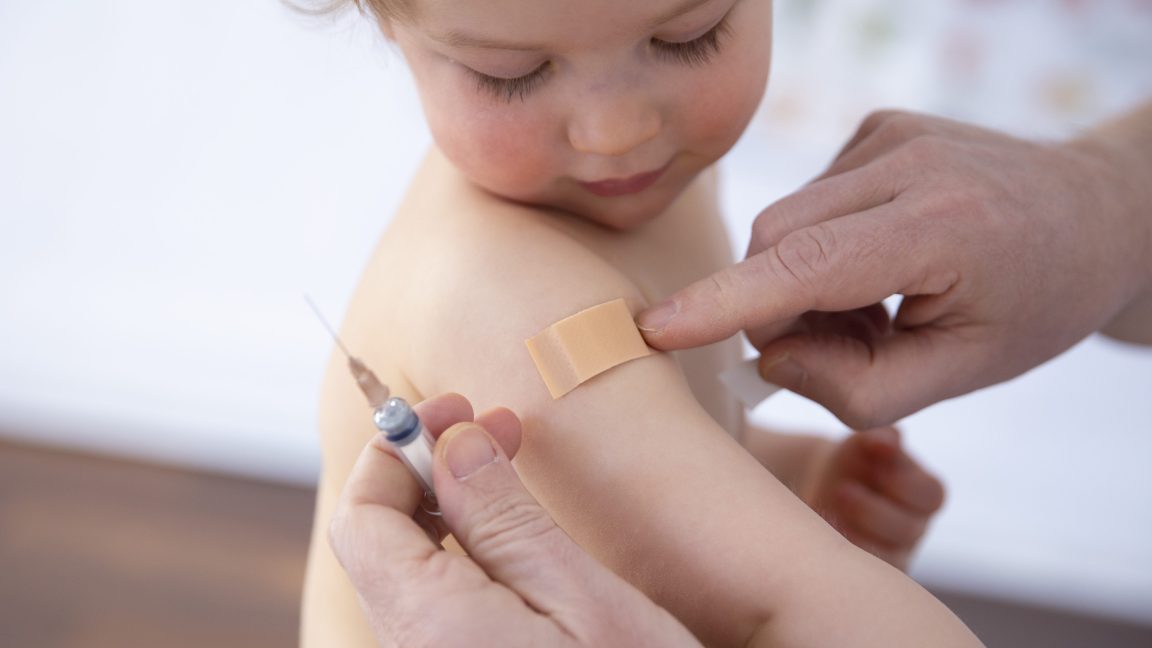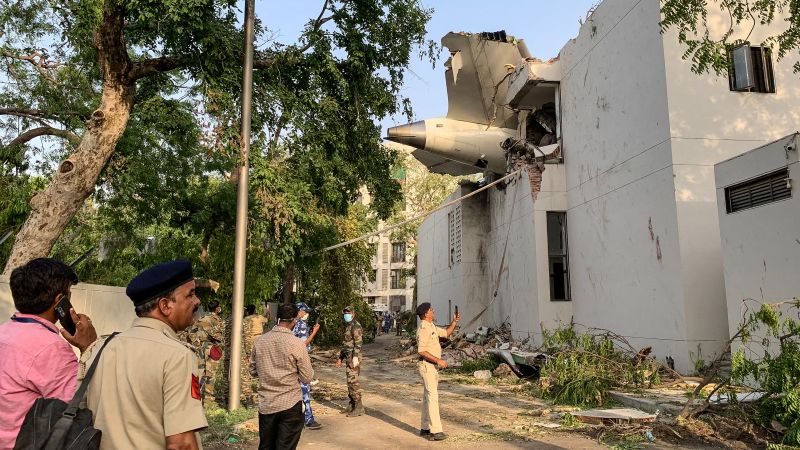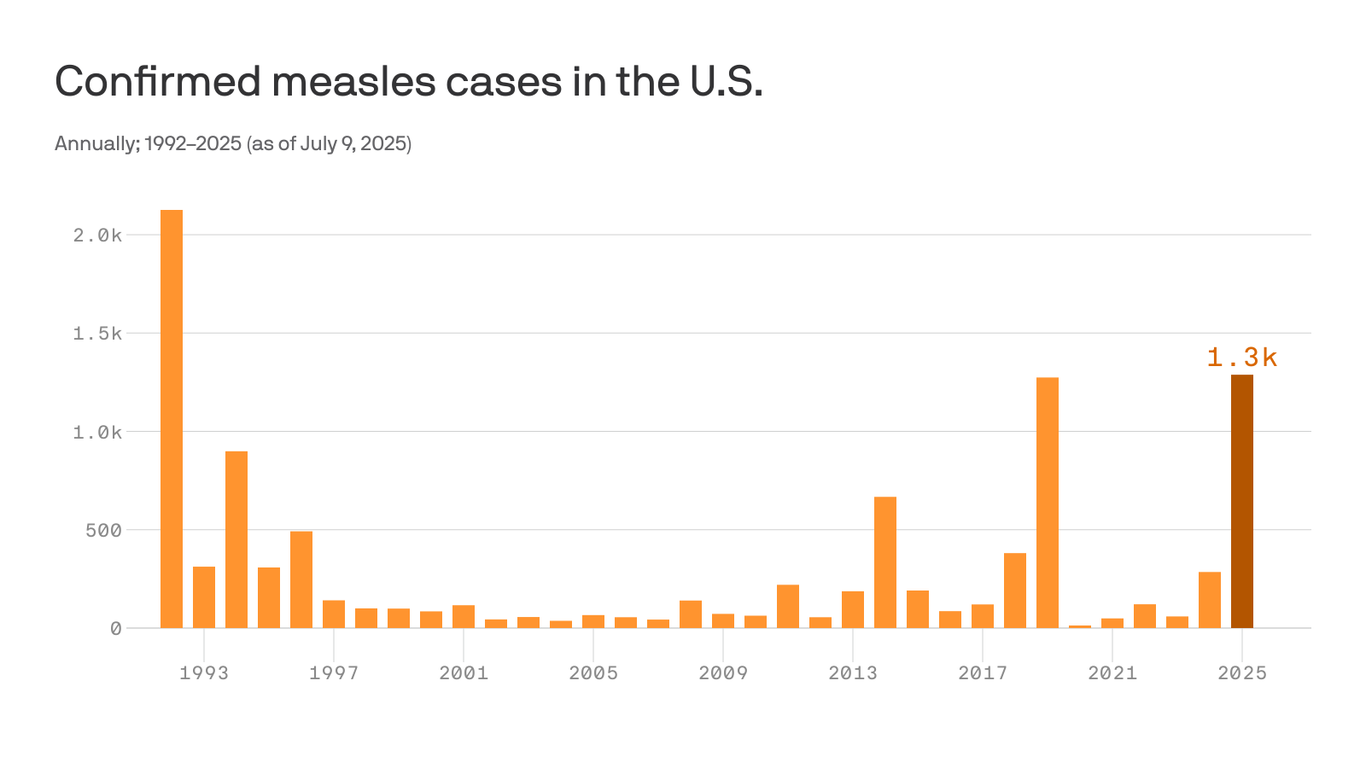Debunking the Myth: Aluminum Adjuvants in Vaccines Are Safe

Introduction
The debate over the safety of vaccines has been ongoing for decades, with anti-vaccine activists spreading misinformation and fear about potential side effects. One common talking point has been the use of aluminum adjuvants in vaccines, with false claims that they are "extremely neurotoxic." However, a recent large-scale study has debunked this belief, providing evidence that aluminum adjuvants are safe for use in vaccines.
Key Details
The study, published in the journal Pediatrics, analyzed data from over 1.2 million children who received over 2.6 million vaccine doses containing aluminum adjuvants. The results showed no evidence of increased risk for neurological issues or other adverse reactions. In fact, the study found that the risk of developing these issues was actually lower in children who received vaccines with aluminum adjuvants compared to those who did not receive any vaccines at all.
Impact
This study has major implications for the anti-vaccine movement and their claims about the supposed dangers of aluminum adjuvants. The evidence clearly shows that these adjuvants are not "extremely neurotoxic" as falsely stated by RFK Jr. and other anti-vaccine activists. With this information, we can further dispel unfounded fears and continue to promote the safety and effectiveness of vaccines in protecting public health.
About the People Mentioned
RFK Jr.
Robert F. Kennedy Jr. (born January 17, 1954) is an American environmental lawyer, author, and politician serving as the 26th United States Secretary of Health and Human Services since February 2025. He is a member of the prominent Kennedy family, the son of Robert F. Kennedy, former U.S. Attorney General and senator, and the nephew of President John F. Kennedy. Kennedy began his career as an assistant district attorney in Manhattan in the early 1980s. After overcoming personal struggles with substance abuse, he shifted focus to environmental law, joining nonprofits such as Riverkeeper and the Natural Resources Defense Council. In 1987, he became an adjunct professor of environmental law at Pace University School of Law and founded Pace’s Environmental Litigation Clinic. In 1999, he founded the Waterkeeper Alliance, a global clean water advocacy organization, which grew into the world’s largest network of water protection groups. His environmental work earned him recognition including TIME magazine’s “Hero for the Planet” for his role in restoring the Hudson River. Kennedy has led successful lawsuits against major corporations like Monsanto and DuPont concerning environmental pollution. He also founded Children’s Health Defense, an organization focused on childhood health and environmental exposures. Kennedy’s career has been controversial due to his promotion of vaccine misinformation and conspiracy theories since 2005, including discredited claims linking vaccines to autism and promoting COVID-19 vaccine skepticism. These positions have drawn widespread criticism from public health experts. In the 2024 presidential election, Kennedy initially ran as a Democrat before running as an independent and later endorsing Republican Donald Trump. His appointment as Secretary of Health and Human Services under the Trump administration began in early 2025, marking his current role in public health policy. He has authored several books, including *The Riverkeepers* (1997), *Crimes Against Nature* (2004), and *The Real Anthony Fauci* (2021), reflecting his environmental and health advocacy. Kennedy is married to actress Cheryl Hines and has seven children from previous marriages[1][2][3][4][5][7].
About the Organizations Mentioned
Pediatrics
The **American Academy of Pediatrics (AAP)** is a leading nonprofit professional association dedicated to promoting the optimal physical, mental, and social health of infants, children, adolescents, and young adults. Founded in 1930 by 35 pediatricians who recognized the need for an independent forum addressing children’s unique healthcare needs, the AAP has grown into the largest pediatric organization in the United States with approximately 67,000 members across the U.S., Canada, Mexico, and beyond. Members include general pediatricians, pediatric medical subspecialists, and pediatric surgical specialists, with over 36,000 holding the prestigious Fellow status (FAAP), indicating board certification and professional excellence[1][2][3]. Headquartered in Itasca, Illinois, with an additional office in Washington, D.C., the AAP plays a vital role in shaping pediatric healthcare standards, policies, and education. Its activities include developing clinical guidelines, advocacy on child health issues, and extensive continuing medical education programs that keep pediatricians current with medical advances. This includes biannual scientific meetings and hundreds of publications—such as its flagship journal *Pediatrics* and the news magazine *AAP News*—which contribute to its position as the largest pediatric publishing program globally[3]. The organization's strategic mission centers on ensuring children’s health and well-being through multidisciplinary collaboration and evidence-based care. The AAP is governed by a board of directors and an executive committee that manages daily operations. Funding comes from membership dues, educational activities, grants, donations, and partnerships with foundations and government agencies, enabling support for over 200 programs annually[2][5]. Notably, the AAP has been instrumental in advancing preventive care practices such as immunizations and regular health exams, which previously were not standard in pediatrics. It also provides a weekly COVID-19 pediatric case report, reflecting its role in public health monitoring and response[3]. The AAP continues to be a critical resource and advocate for pediatricians and the health of children worldwide


















